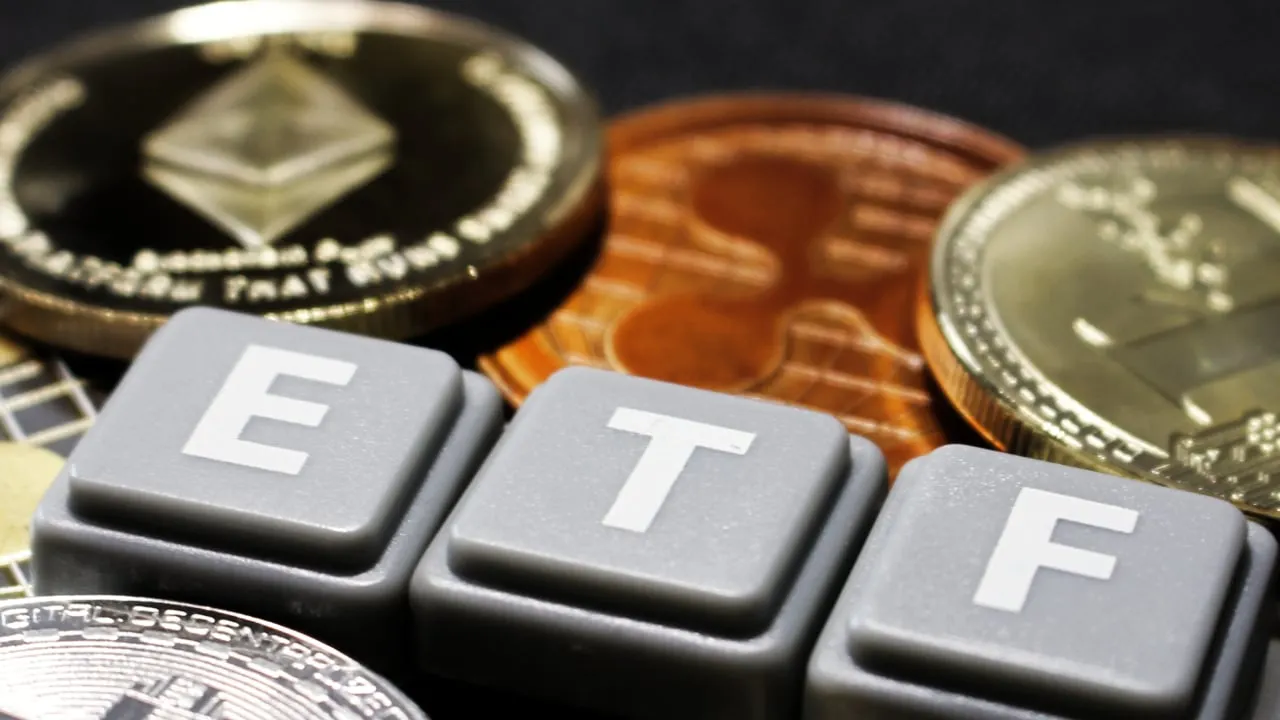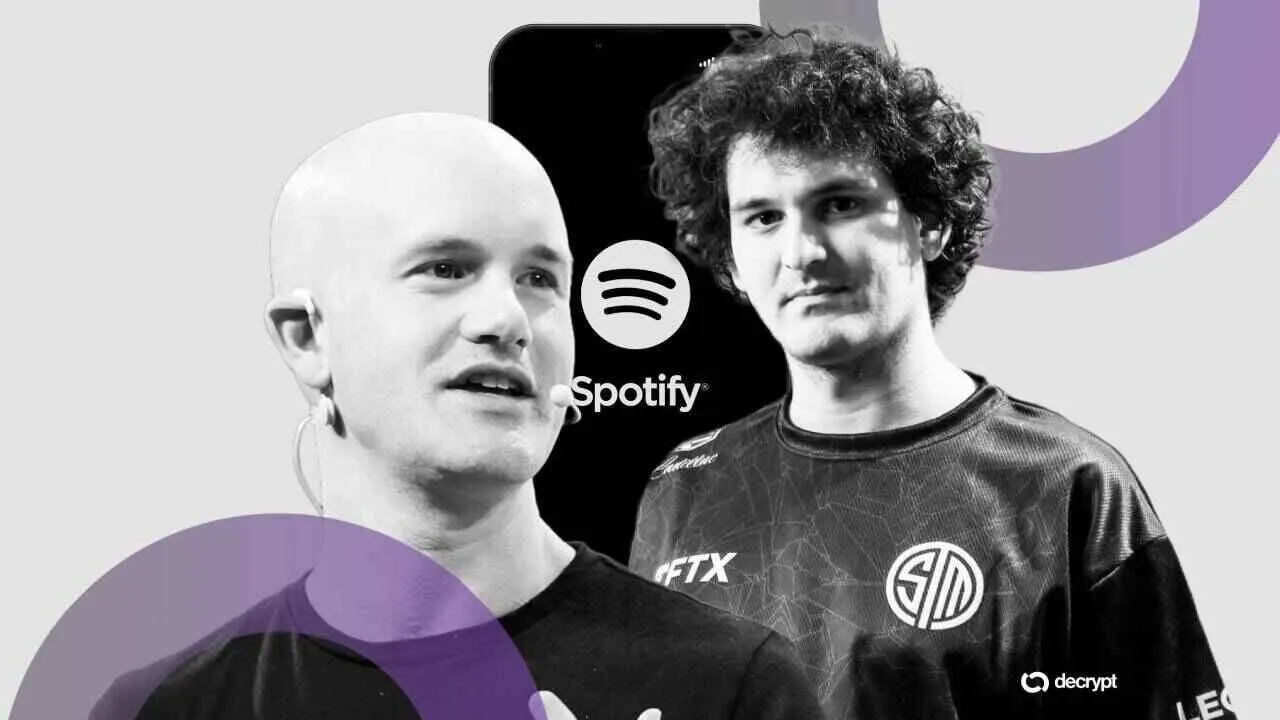Tonight, Cardano evolves.
The Plomin hard fork takes effect, marking the transition to full decentralized governance. $Ada holders gain real voting power—on parameter changes, treasury withdrawals, hard forks, and the blockchain’s future.
A milestone in blockchain governance.
— Cardano Foundation (@Cardano_CF) January 29, 2025
Coin Prices
BTC
$113,984.00
0.16%ETH
$3,491.97
-0.59%XRP
$2.88
-2.49%BNB
$749.78
-0.98%SOL
$161.90
-1.71%USDC
$0.999796
0.01%STETH
$3,486.50
-0.52%TRX
$0.326178
-0.10%DOGE
$0.198189
-0.94%ADA
$0.723739
1.08%WBTC
$113,847.00
0.23%WSTETH
$4,220.51
-0.30%HYPE
$38.90
1.58%SUI
$3.47
1.10%XLM
$0.385955
0.94%WBETH
$3,758.04
-0.37%LINK
$16.16
0.75%BCH
$539.08
0.46%HBAR
$0.244329
2.44%WEETH
$3,740.82
-0.57%USDE
$1.001
0.01%AVAX
$21.37
-0.82%TON
$3.66
2.13%LTC
$109.07
1.99%LEO
$8.96
0.00%WETH
$3,492.97
-0.53%USDS
$0.99974
-0.00%SHIB
$0.00001221
0.79%BSC-USD
$0.999848
-0.08%CBBTC
$113,936.00
0.15%WBT
$42.53
-0.03%XMR
$297.59
0.62%DOT
$3.60
1.10%UNI
$9.13
1.08%SUSDE
$1.19
0.13%BGB
$4.31
0.28%PEPE
$0.00001049
0.60%CRO
$0.132041
-0.41%AAVE
$258.03
1.14%ENA
$0.561191
3.57%TAO
$347.01
2.31%ETC
$19.85
0.18%NEAR
$2.44
1.16%ONDO
$0.912611
2.91%APT
$4.22
0.41%PI
$0.36238
1.27%OKB
$46.93
0.63%ICP
$5.07
1.00%JITOSOL
$197.49
-1.70%BUIDL
$1.00
0.00%MNT
$0.704112
1.67%KAS
$0.085708
2.27%USD1
$0.999542
-0.02%PENGU
$0.03403055
-0.30%WETH
$3,490.57
-0.65%ALGO
$0.239405
2.20%GT
$16.92
1.47%VET
$0.02305497
2.12%FTN
$4.57
-0.32%BONK
$0.00002549
-0.01%ARB
$0.382209
1.61%ATOM
$4.25
2.69%IP
$6.22
6.44%RENDER
$3.53
0.60%POL
$0.200749
1.54%SUSDS
$1.062
0.05%WLD
$0.966946
1.01%TRUMP
$8.79
0.73%BNSOL
$172.77
-1.73%SKY
$0.078065
-0.09%FET
$0.632079
0.11%JLP
$4.85
-0.60%RETH
$3,973.53
-0.53%SEI
$0.278258
-0.40%FLR
$0.0229842
3.24%QNT
$109.49
1.00%FIL
$2.33
0.85%LBTC
$113,703.00
0.01%SPX
$1.68
9.79%RSETH
$3,662.01
-0.55%XDC
$0.092642
-1.62%USDTB
$0.999859
0.04%JUP
$0.454207
0.95%USDT0
$0.999248
-0.10%KCS
$10.59
-0.18%OSETH
$3,672.68
-0.58%NEXO
$1.30
0.34%FDUSD
$0.997788
0.07%LSETH
$3,770.16
-0.55%CRV
$0.917463
2.94%METH
$3,739.67
-0.65%INJ
$12.70
1.30%STX
$0.684942
0.42%USDT
$0.999841
0.02%TIA
$1.64
1.54%USDF
$0.999439
0.03%HASH
$0.02509293
-0.06%EZETH
$3,678.61
-0.65%OP
$0.649218
1.26%CFX
$0.213487
13.27%SOLVBTC
$113,747.00
-0.04%PUMP
$0.00292126
8.74%FLOKI
$0.00010601
1.73%WBNB
$749.30
-1.20%PYUSD
$0.999985
0.04%USDC
$0.999775
-0.12%SAROS
$0.380968
3.72%S
$0.303156
1.04%JUPSOL
$182.41
-1.73%PAXG
$3,360.89
-0.05%GRT
$0.091237
1.27%IMX
$0.49587
1.21%FARTCOIN
$0.934389
0.36%WBTC
$113,838.00
0.21%CAKE
$2.59
0.28%WIF
$0.893012
2.59%CLBTC
$114,156.00
-0.57%SYRUPUSDC
$1.11
0.05%ENS
$25.27
-0.18%MSOL
$212.24
-1.68%XAUT
$3,357.38
0.16%LDO
$0.90279
0.61%KAIA
$0.137753
-3.38%XTZ
$0.757109
1.46%VIRTUAL
$1.21
0.77%A
$0.496462
-0.22%THETA
$0.751405
1.35%SUPEROETH
$3,489.70
-0.56%M
$0.445496
27.60%CMETH
$3,736.01
-0.40%CGETH.HASHKEY
$3,650.92
0.11%EETH
$3,485.94
-0.41%JASMY
$0.01494134
2.16%IOTA
$0.181792
1.24%OUSG
$112.03
0.00%RAY
$2.56
-0.95%GALA
$0.01505804
1.07%USDY
$1.079
-1.00%USDX
$0.99792
-0.06%AERO
$0.760506
0.04%TBTC
$113,600.00
0.01%PENDLE
$3.92
-0.76%SAND
$0.265093
0.57%PYTH
$0.112325
1.28%BTT
$0.00000065
-0.35%WETH
$3,493.58
-0.48%JTO
$1.69
1.15%RLUSD
$1.001
0.12%ZEC
$36.14
1.57%AB
$0.0082415
-1.08%USD0
$0.99797
0.05%FLOW
$0.363038
1.15%USDD
$0.999607
0.04%BTC.B
$113,972.00
0.14%XSOLVBTC
$112,899.00
-0.27%ETHX
$3,720.38
-0.48%MORPHO
$1.67
0.44%WAL
$0.380207
0.84%BDX
$0.074676
-2.50%WETH
$3,493.87
-0.50%MANA
$0.276422
1.38%BRETT
$0.052781
7.56%HNT
$2.80
-2.76%BSV
$26.00
-0.32%DOGE
$0.197832
-1.18%XCN
$0.01442105
1.19%B
$0.496242
1.01%CBETH
$3,845.75
-0.70%TUSD
$0.997561
0.17%SYRUP
$0.406594
0.70%REKT
$0.00000115
17.35%TEL
$0.00517821
8.75%CORE
$0.475056
1.59%MOG
$0.0000012
-1.76%NFT
$0.00000047
-0.02%SWETH
$3,826.07
-0.54%RUNE
$1.28
0.39%SDAI
$1.16
0.04%RSR
$0.00760569
3.55%APE
$0.555822
0.96%STRK
$0.11549
1.44%USTB
$10.77
0.00%USDT
$0.999331
-0.04%ETHFI
$1.006
6.36%ZBCN
$0.00490727
-2.93%COMP
$44.83
1.44%KAVA
$0.388617
2.22%AR
$6.43
2.23%FRXETH
$3,473.26
-0.75%TRIP
$14.03
0.35%TKX
$5.19
0.11%DYDX
$0.545882
0.96%KTA
$1.014
2.63%USYC
$1.095
0.00%NEO
$5.82
1.36%SUN
$0.02121401
-1.39%EGLD
$14.25
1.98%USDB
$0.994831
-0.47%WETH
$3,486.94
-0.63%DEXE
$7.04
0.03%DAI
$0.999971
0.02%XEC
$0.00002013
0.53%AIOZ
$0.332852
-1.68%VENOM
$0.185818
1.79%USDC.E
$0.999802
0.01%TETH
$4,229.42
-0.47%AXS
$2.24
1.46%CHZ
$0.03802157
1.27%OHM
$22.51
0.87%ZK
$0.05084
1.99%UBTC
$113,956.00
0.09%EIGEN
$1.12
2.67%W
$0.07575
2.02%WHYPE
$38.90
1.49%BBSOL
$177.52
-1.76%BEAM
$0.00681235
1.63%1INCH
$0.249446
2.59%WEMIX
$0.767207
-0.65%RON
$0.500228
1.37%EBTC
$114,579.00
-0.20%DEEP
$0.137258
3.89%AXL
$0.338478
2.13%MOVE
$0.128735
0.21%WAVAX
$21.42
-0.53%SAVAX
$26.10
-0.41%WBTC
$113,841.00
0.13%ATH
$0.03124373
4.07%EOS
$0.496213
-0.11%CVX
$4.05
4.15%QUBIC
$0.00000269
5.10%USDG
$0.999585
-0.02%LUNC
$0.00005813
0.79%JST
$0.03279406
-0.70%AKT
$1.18
1.73%BUSD
$1.00
-0.18%GNO
$118.71
0.39%SUPER
$0.691758
0.94%AMP
$0.00366332
6.98%TWT
$0.742667
0.77%ETH+
$3,660.77
-0.87%GHO
$0.999063
0.04%SFRXETH
$3,926.10
-0.73%FRAX
$0.997943
0.06%TURBO
$0.0043111
-0.25%CTC
$0.642902
1.89%STHYPE
$38.71
1.33%DOG
$0.00293894
-1.55%POPCAT
$0.295698
0.11%





